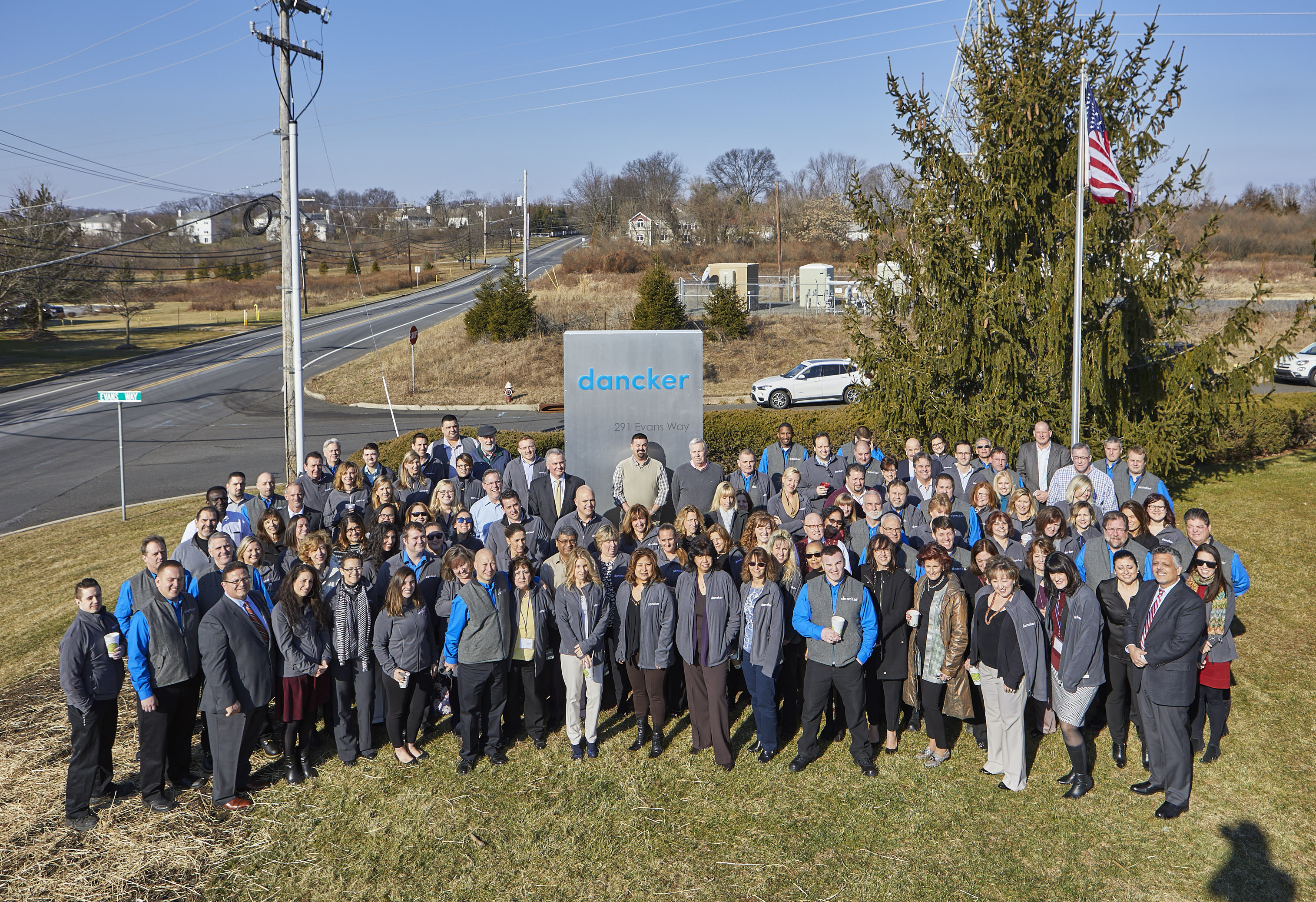We use cookies to maximize your online experience with us. By closing this window, you consent to our cookie policy. You can change your cookie settings in your browser any time. For more information, please see our Privacy Policy located on the footer of this site.
How to Budget For Office Relocation Costs

Relocating your office can mark an exciting new chapter for your business, but only if it’s done without breaking the bank. By planning a comprehensive budget, you can avoid hidden costs and ensure a seamless transition.
This article provides a roadmap to help you create a comprehensive budget for your office move, ensuring financial clarity and avoiding unexpected costs.
Key Considerations for Budgeting Your Office Relocation
An office relocation budget includes expenses across several categories.
Moving Costs
When planning an office relocation, the moving costs are the most immediate and obvious expense to consider. These typically cover:
- Hiring a Commercial Office Mover: This involves costs for a professional moving company specializing in office relocations. Factors like reputation, experience, and services the mover offers can significantly impact the cost.
- Packing Materials: Boxes, bubble wrap, packing tape, and other materials needed to securely pack office equipment, furniture, and documents.
- Furniture Disassembly and Reassembly: Many office movers offer services to dismantle large furniture and reassemble it at the new location. This is often necessary for large desks, cubicles, and shelving units.
- Insurance: Insurance is vital to cover potential damage or loss during the move. This could include both general liability insurance and additional valuation coverage for high-value items.
Cost Variables
Several variables influence the total cost of a commercial move:
- Office Size: Larger offices with more furniture, equipment, and documents to move will naturally incur higher costs. The number of employees being relocated also affects this.
- Weight and Volume of Assets: Heavy or bulky items like filing cabinets, desks, or large machinery increase the moving costs. Specialized equipment may require additional handling.
- Labor: The number of movers and the hours they work directly impact costs. For instance, moves that require more personnel or take longer hours (e.g., due to complex disassembly or longer loading times) will be more expensive.
- Distance: Local moves are typically less expensive than long-distance relocations. Fuel costs, travel time, and accommodation for the moving team (if necessary) can add up for long-distance moves.
- Moving Date: Moving costs can vary based on the timing. Moving during peak times (end of the month, weekends, or summer months) can be more expensive than off-peak periods.
- Building Regulations: Some office buildings have specific rules regarding move-in and move-out times or require special permits, which can add to the overall cost.
- Additional Convenience Services Provided: These might include packing and unpacking services, IT equipment setup, or cleaning services for both the old and new office spaces.
- Decommissioning Plans: This includes the cost of restoring the old office to its original condition, removing any furniture or fixtures, and ensuring compliance with lease terms to avoid penalties.
Each of these considerations can significantly affect the budget, and it’s essential to plan thoroughly to avoid unexpected costs during an office relocation.
New Office Expenses
Budget for the expenses of your new office. You’ll consider rent, security deposits, renovation and construction costs, and furniture and equipment needed in your new space. Most landlords require a security deposit of at least one month’s rent; many will also require a letter of credit.
When budgeting for renovation and construction costs, consider the size of your space, the type and quality of materials, labor rates and times, and the scope of your project. Because the cost of materials varies widely, set aside 10 percent to 20 percent for construction contingencies.
The cost of furniture and equipment can also vary widely from hundreds to thousands of dollars. If you have a small upfront budget, consider renting pre-owned furniture.
Employee Costs
If you’re moving your office a long distance, you’ll need to consider relocation costs for employees who will make the journey with you. A relocation package could include the cost of moving their household belongings to the new space, help selling a home or breaking a lease, house-hunting trips, and job search support for spouses. Under the Tax Cuts and Job Acts Law, any moving expenses you pay for your employees will be subject to federal and, sometimes, state taxes, so consider offering more than the actual cost to cover some of these taxes.
Regardless of whether your move is local or long-distance, you may have overtime pay for employees who help with the move.
IT and Communication Costs
When relocating an office, plan to disconnect and reconnect IT services, phone lines, and internet at both the old and new locations. This process can involve service provider coordination, potential fees, and installation of new data cabling if your setup isn’t fully wireless. Ensure there are enough cable drops for each employee and additional ones for common areas like conference rooms. Also, account for setting up network equipment, servers, and security systems to maintain smooth operations.
To streamline this transition and enhance connectivity, dancker’s DBE systems provide flexible solutions for managing your office’s technology infrastructure, ensuring minimal disruption and a more efficient, future-ready workspace.
Professional Services
You’ll have fees for those professionals you hire to help with building out your office. These include an architect or designer, a project manager, engineers, and a general contractor. You also may have legal fees for lawyers who negotiate your lease.
Hidden Costs
Also include miscellaneous expenses such as cleaning services, permit fees for signage or renovations, and waste disposal in your budget.
dancker can help cover all of these needs and more, all while helping you avoid hidden costs by creating an in-depth transition strategy. Check out dancker’s d’ploy logistics solutions to learn how our team of professionals can assist you with your upcoming move.
Tips for Creating An Accurate Budget
Here are some tips for creating an accurate budget for your office relocation.
- Gather Quotes
Always obtain quotes from several commercial movers. Check each quote carefully to be sure you understand it. Choose the best commercial mover based on the best value (combination of service, expertise, and price) rather than price alone. Likewise, obtain quotes from contractors and other service providers. Obtain references and check them. Also, check social media for customer comments and reviews.
- Plan Early
The earlier you start planning, the more time you’ll have to research costs and negotiate prices. If you wait too long, you may have additional fees for weekend labor, expedited shipping, or after-hours assistance. If your staff must rush through jobs to complete them before the move, you may incur costs in redoing the work or lose customers. Likewise, cleaning fees may be higher if employees must rush to pack.
- Build a Buffer
Building a buffer for contingencies in your relocation budget is important, just as with any other project. A contingency fund of 10 percent to 20 percent is reasonable. Projects that include extensive office renovations will set aside larger contingency funds.
- Track Your Spending
Meticulously track every expense throughout your office relocation process to ensure you have accurate information about the cost.

Why Trust dancker?
When it comes to office relocations, choosing a partner with a proven track record is essential. dancker has been a trusted leader in the commercial interiors industry for over 200 years, providing comprehensive solutions beyond the typical moving service. Our deep experience allows us to anticipate potential challenges and manage every detail of your move, ensuring a smooth transition with minimal disruption to your business.
At dancker, we understand that every office relocation is unique. Our expert team is dedicated to customizing our services to meet your specific needs, from planning and budgeting to execution and follow-up. We offer a full range of logistics and workplace solutions, including our d’ploy service, which ensures that every aspect of your move is handled with precision and care.
Our long-standing client relationships and numerous industry accolades reflect our commitment to excellence. When you choose dancker, you’re not just hiring a moving company; you’re partnering with a team of professionals who are invested in your success and prepared to deliver results that exceed expectations.
Trust dancker to make your office relocation a seamless and stress-free experience, backed by centuries of expertise and a dedication to your business’s future.
